Iraq’s top court bars former Foreign Minister Zebari from running for presidency
Iraq's Supreme Federal Court has ruled that former foreign minister Hoshyar Zebari is not eligible to run for president, a week after suspending his nomination for the position amid years-old corruption charges against him.
The court said in a statement that a decision by parliament to accept his presidential bid was incorrect as the 68-year-old Kurdish politician did not fulfill the conditions for nomination stipulated in the country's constitution. It also barred him from running for the post in the future, the official Iraq News Agency reported on Sunday.
“We were surprised by our exclusion from our right to nominate,” Zebari said in a news conference following the ruling.
“We respect the judiciary, but I have the right to say that there has been injustice and arbitrariness in the decision.”
The court decision came after four parliamentarians filed a petition to the federal court earlier this month, demanding Zebari's exclusion from the presidential race and accusing him of corruption.
Zebari, who was one of 25 presidential candidates, had high chances of winning the parliamentary vote to be president before the corruption allegations surfaced against him.
He was finance minister when he was dismissed from the post by parliament in 2016 “over charges linked to financial and administrative corruption”. He denied the accusations and said they are politically motivated.
Iraq’s federal court temporarily suspended Zebari’s presidential bid on February 6, citing corruption allegations against the former foreign minister.
The Iraqi parliament had set February 7 as a date for holding its second session to elect a new head of state, but cancelled the vote because it lacked the quorum to hold a session due to political disputes among parliamentary blocs.
On January 31, the Iraqi parliament announced the names of 25 candidates for the presidential election, including incumbent President Barham Salih who represents the Patriotic Union of Kurdistan, Hoshyar Zebari from the Kurdistan Democratic Party, and Rizgar Mohammed Amin, former chief judge of the Iraqi Special Tribunal that organized the trial of slain Iraqi dictator Saddam Hussein.
The Iraqi parliament held the first session on January 9, during which lawmakers elected the speaker of the parliament and his two deputies.
According to the Iraqi constitution, lawmakers should elect a new Iraqi president from the candidates by a two-thirds majority of its members.
Parliamentary elections were held on October 10 last year, the fifth in Iraq since 2003, when a US-led military invasion ousted the regime of former Iraqi dictator Saddam Hussein.
They were originally planned to be held in 2022, but the date was brought forward in the wake of a mass protest movement that broke out in 2019 to call for economic reforms, better public services, and an effective fight against unemployment and corruption in state institutions.
The Fatah (Conquest) Alliance – the political arm of the Popular Mobilization Units or Hashd al-Sha’abi – managed to secure 17 seats, compared to the 48 it held in the outgoing parliament.
Former Prime Minister Nuri al-Maliki's State of Law Alliance won 33 seats in the legislature.
Influential cleric Muqtada al-Sadr’s Sairoon coalition, Fatah’s biggest rival, won 73 seats, compared to its previous 54 seats, making his party the first bloc in parliament, and thus giving him considerable influence in forming a government.
The vote took place under a new election law that divided the country into smaller constituencies – another demand put forth by Iraqi protesters – and allowed for the participation of more independent candidates.
US lawmaker blasts attorney general for ‘lying under oath’ over handling of Epstein probe
Iran received no concrete US proposal in Oman talks: Security chief
Nouri al-Maliki defends Hashd al-Shaabi as inseparable part of Iraqi security system
British PM Keir Starmer faces calls to resign
Iran’s Kowsar satellite beams Islamic Revolution anniversary message across region
VIDEO | Press TV's news headlines
VIDEO | Indian regions celebrate Iran’s Islamic Revolution anniversary
Iran’s missile program will never be on negotiating table: Shamkhani


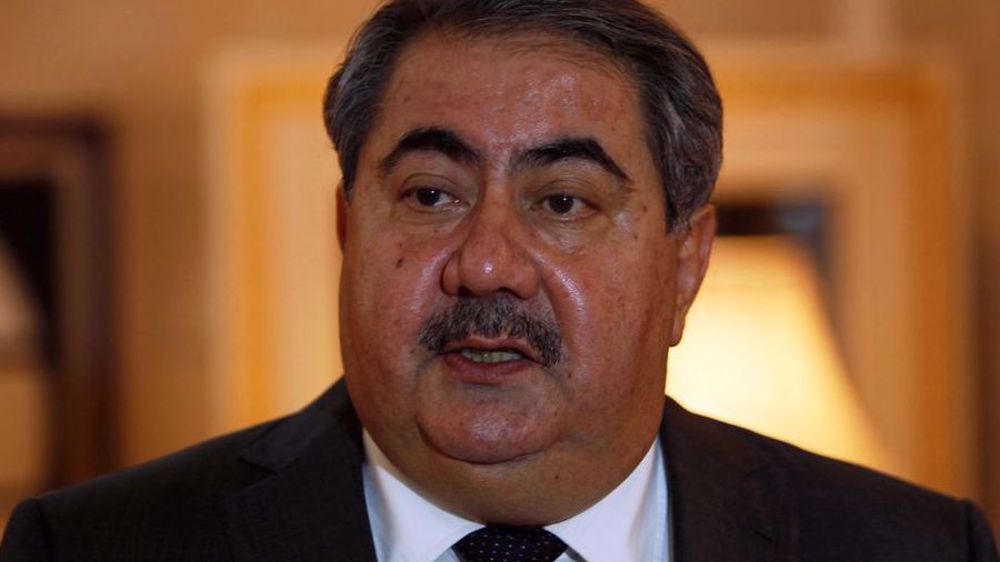
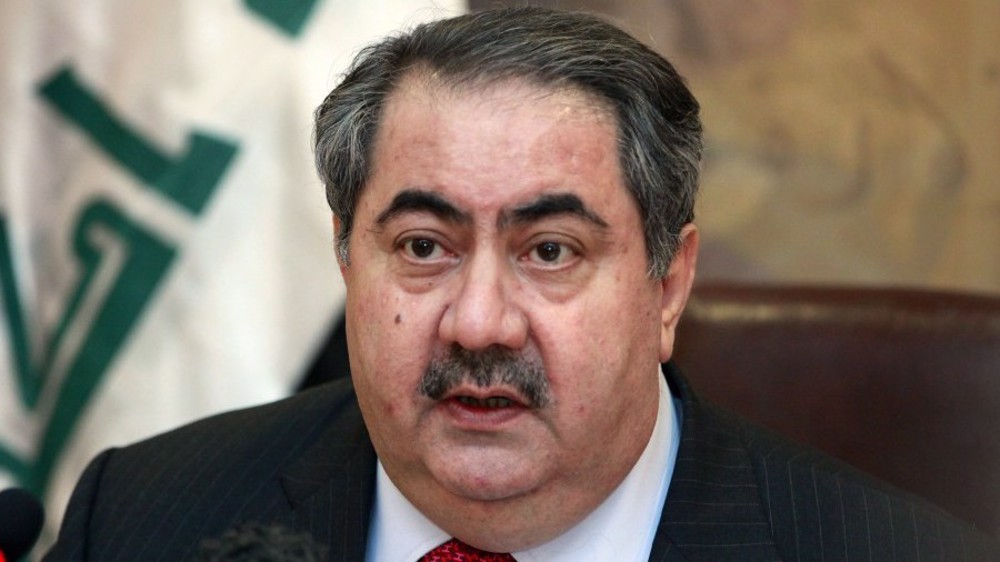
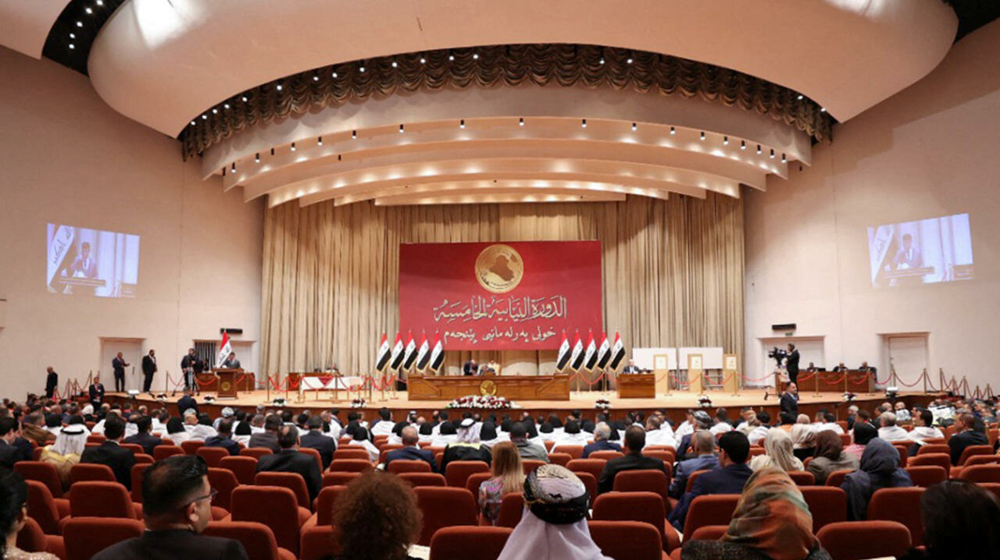
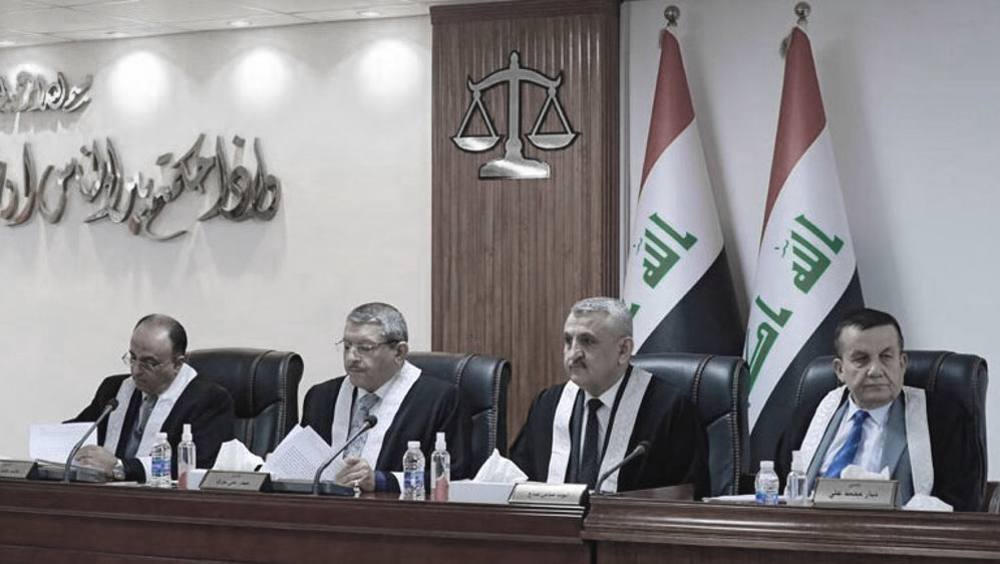
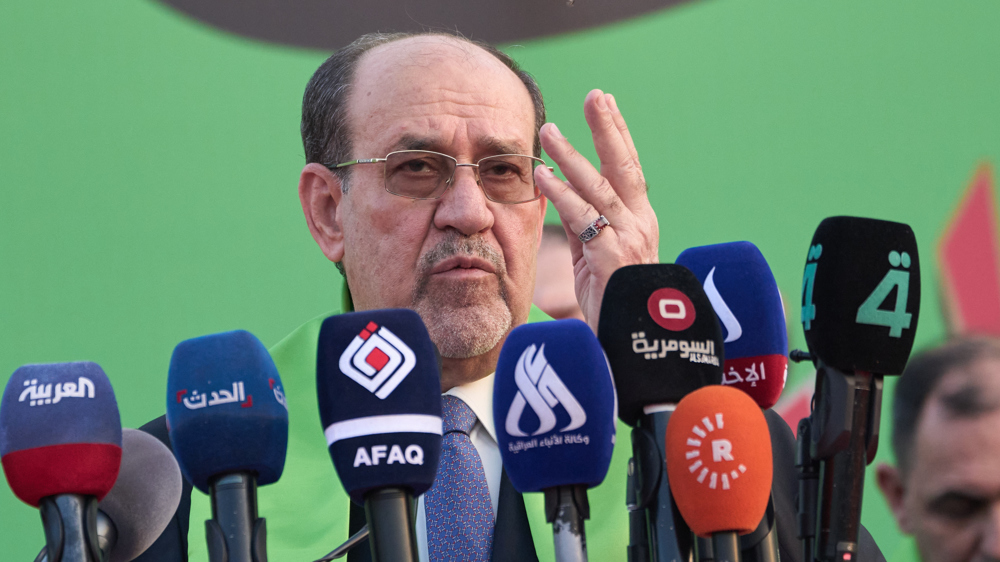
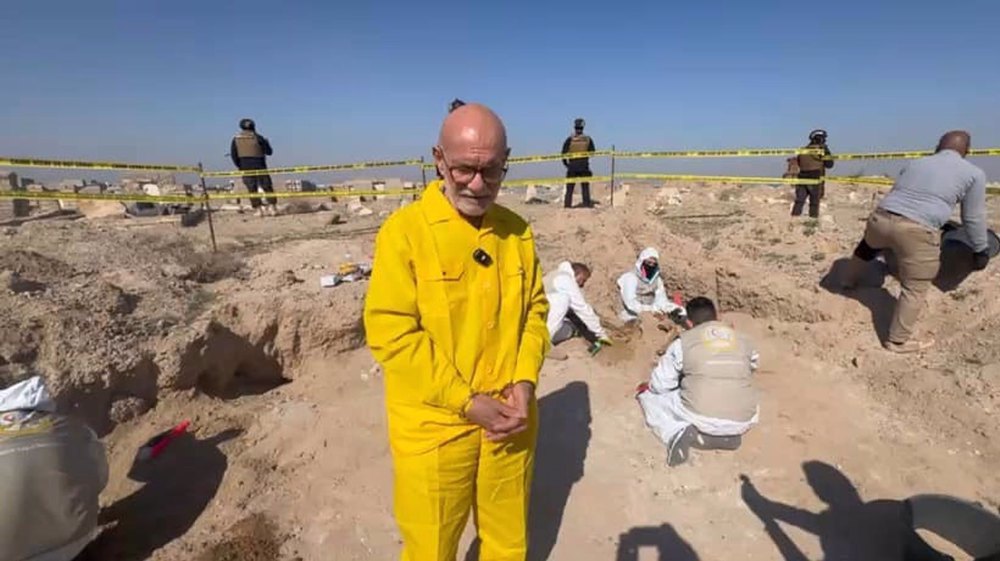
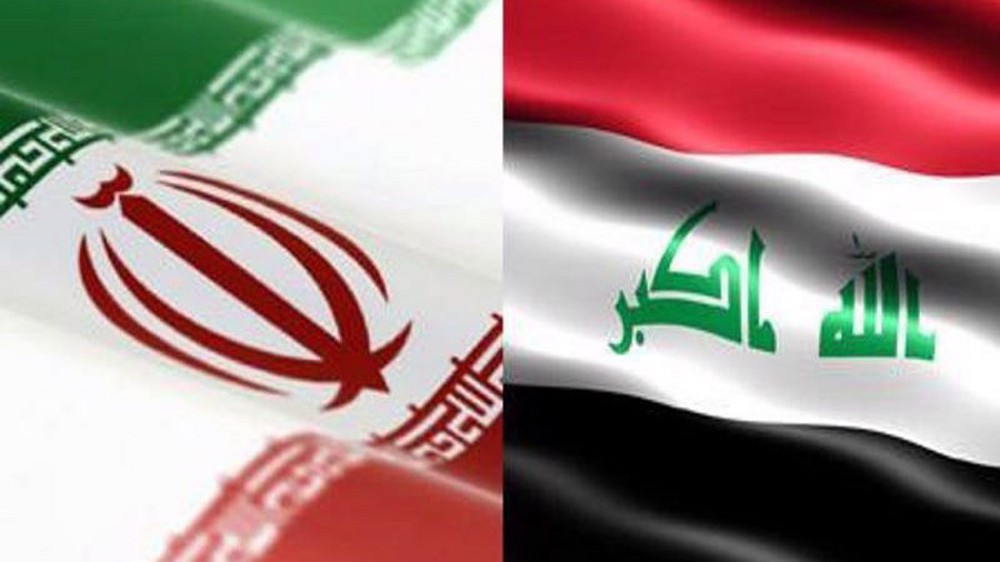



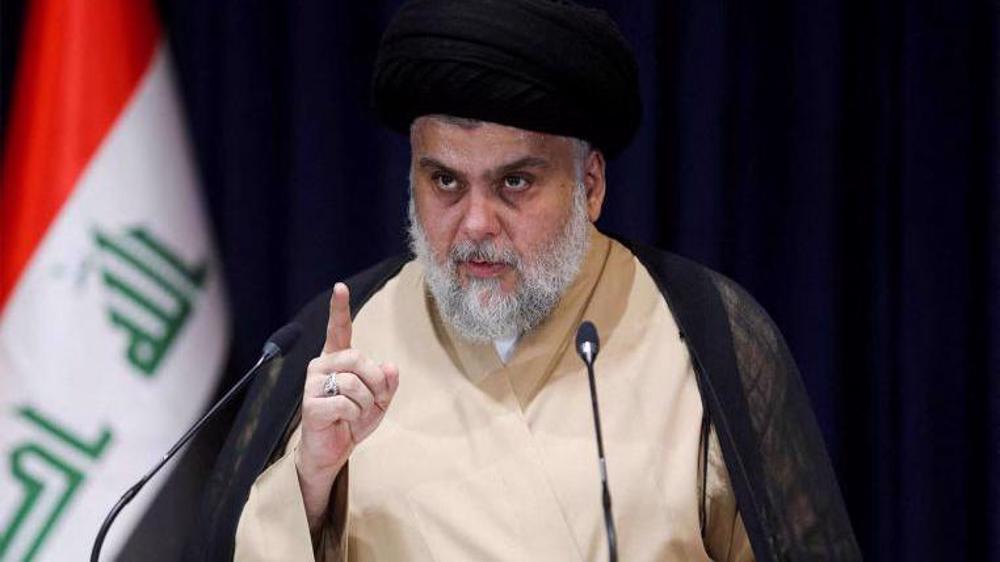
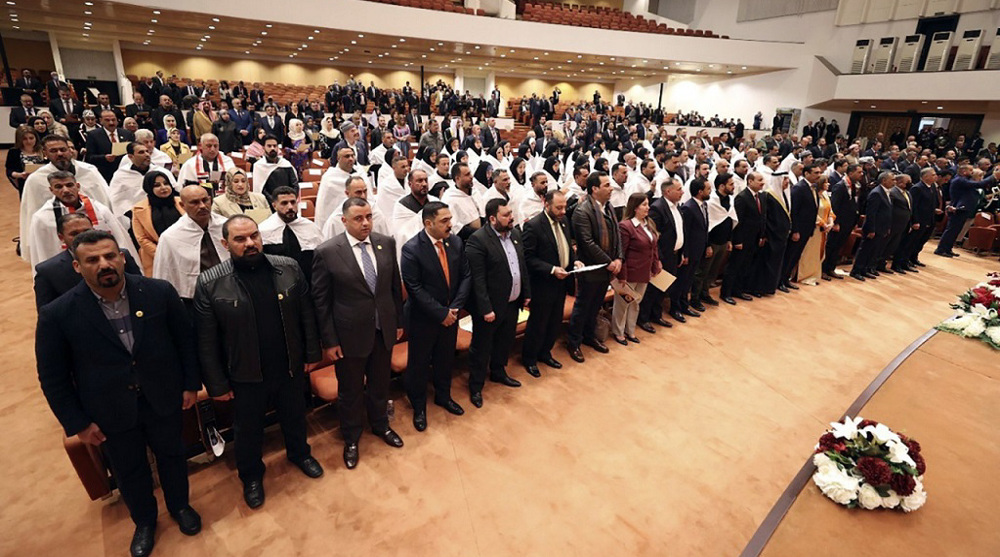
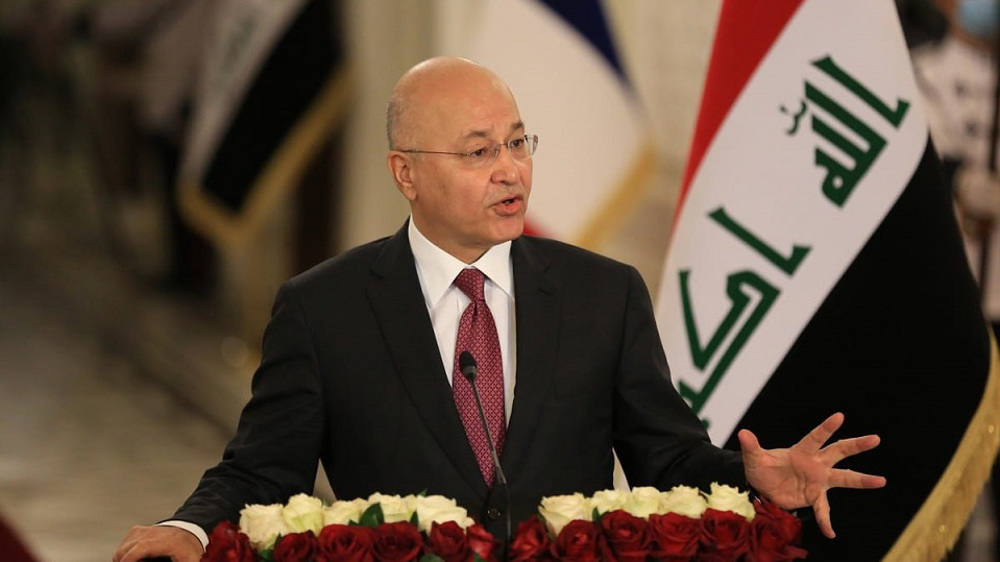
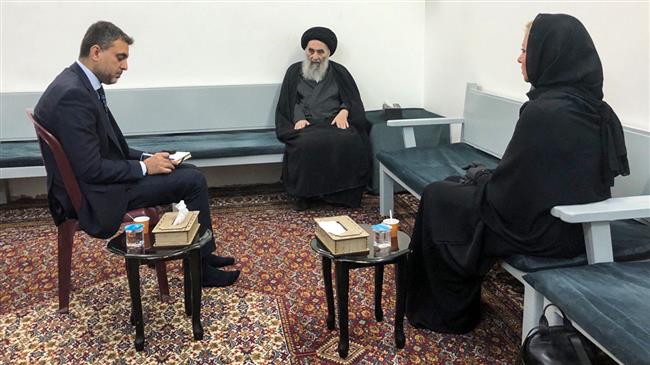

 This makes it easy to access the Press TV website
This makes it easy to access the Press TV website